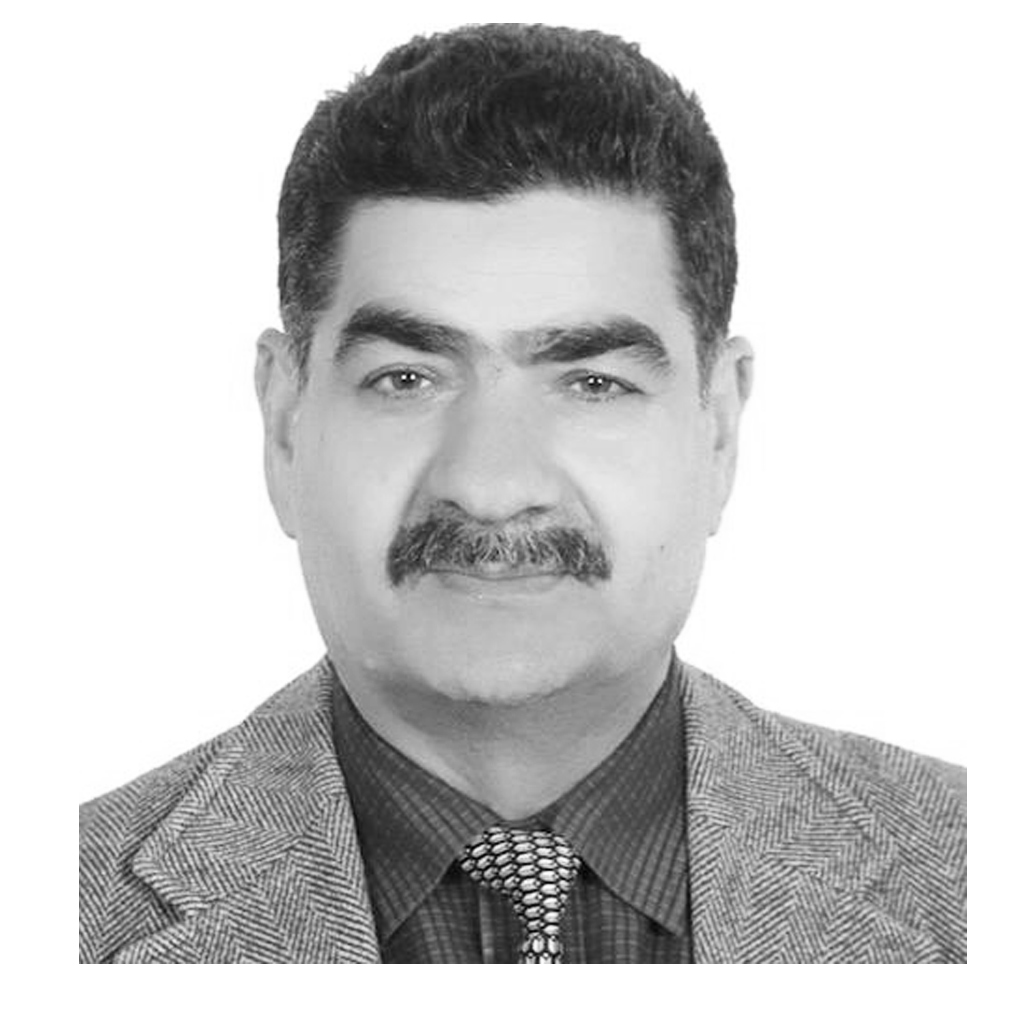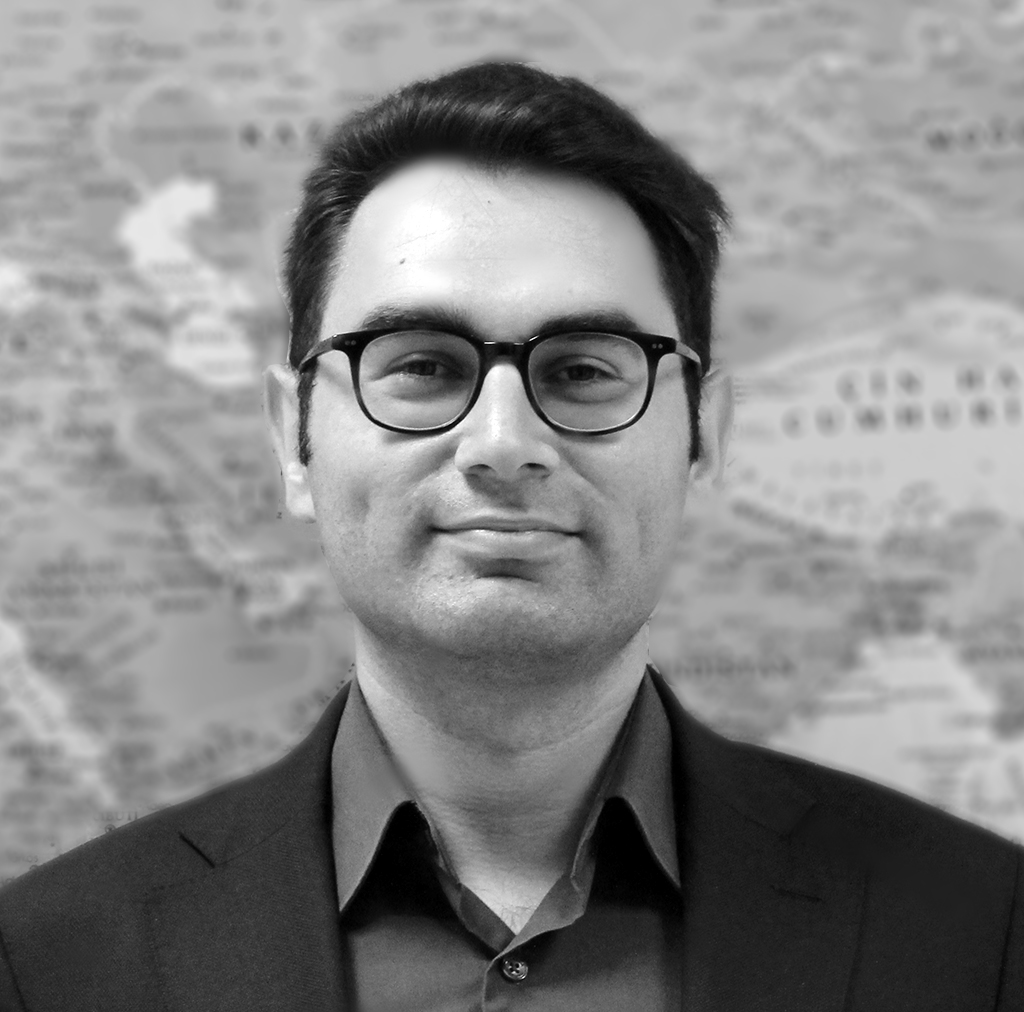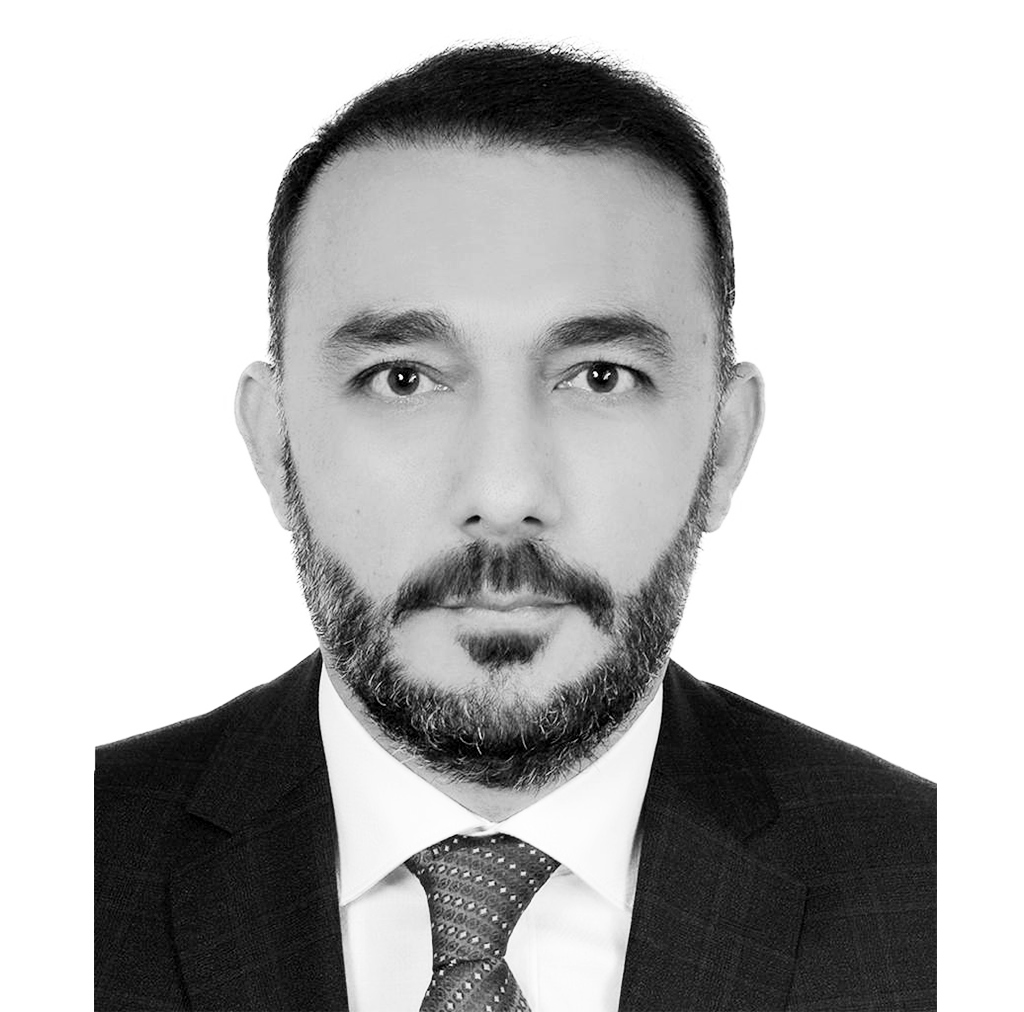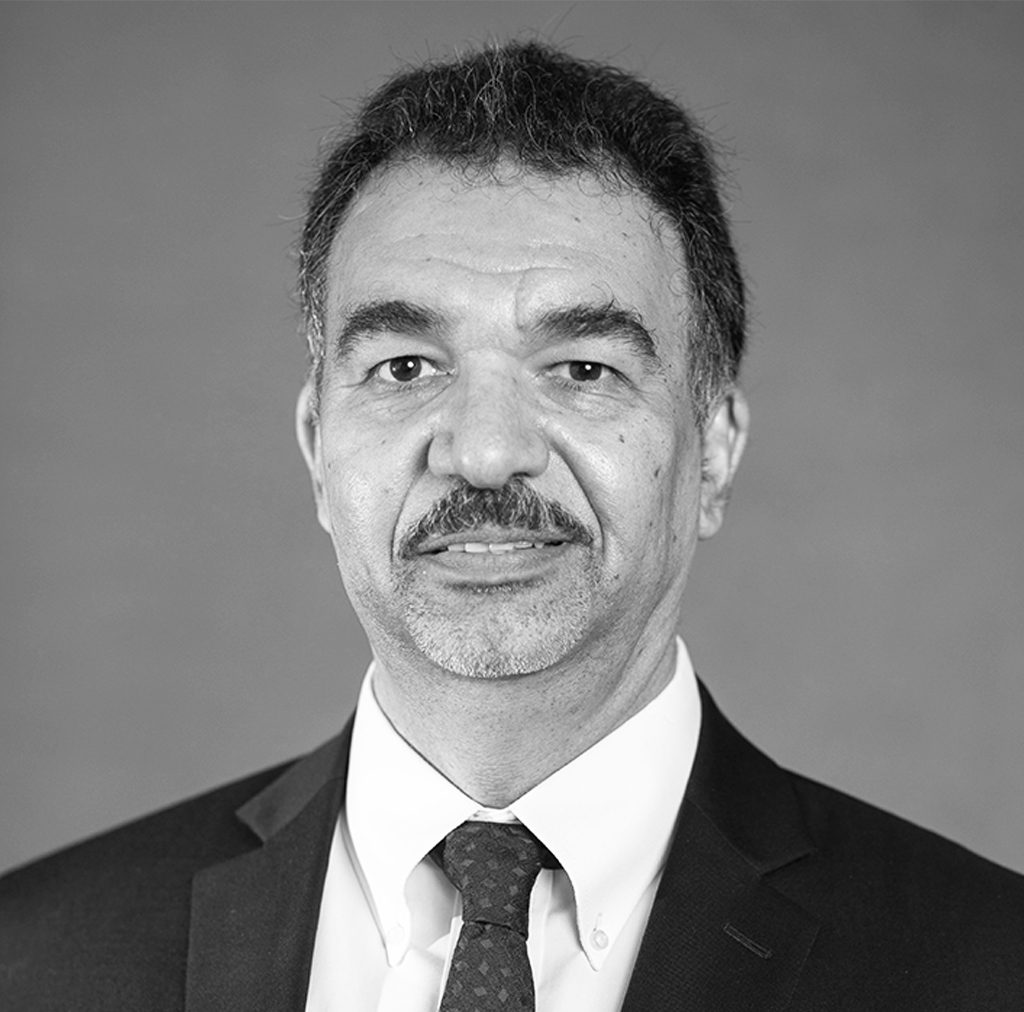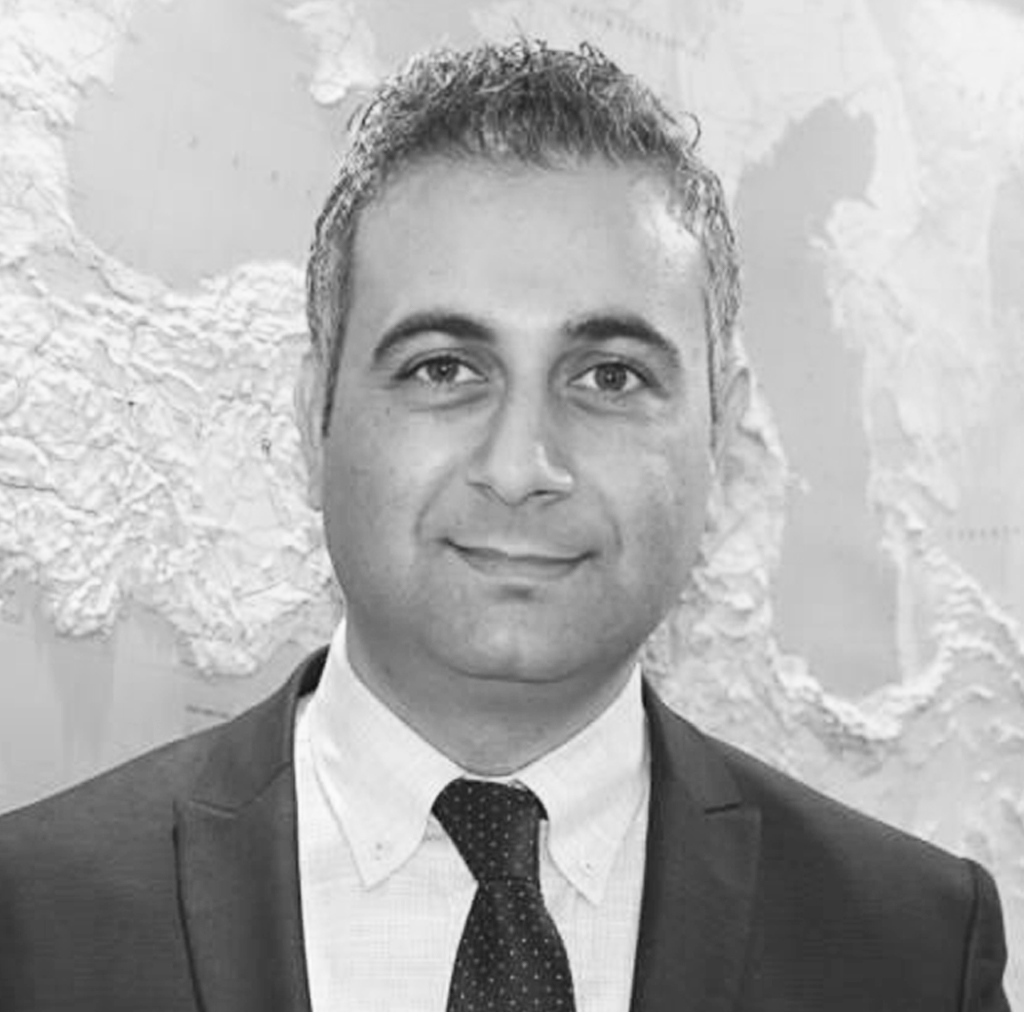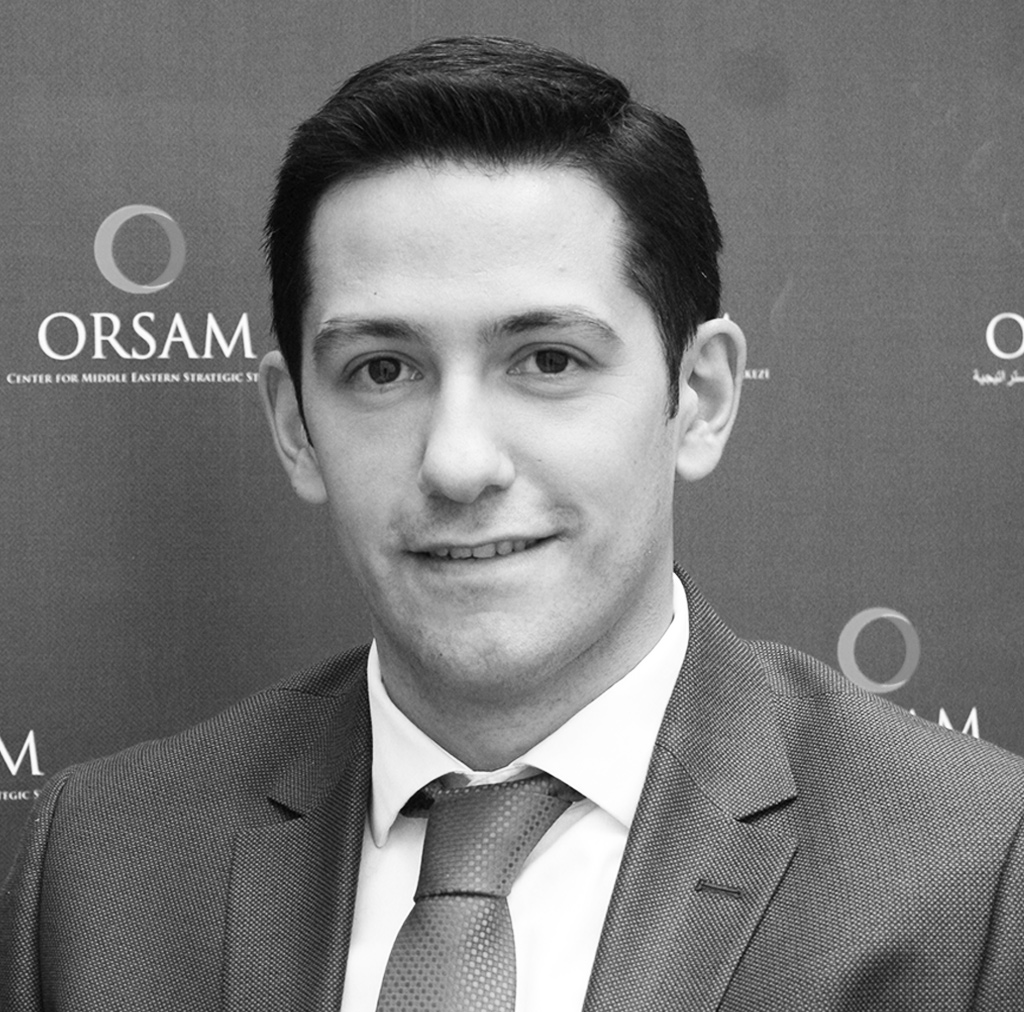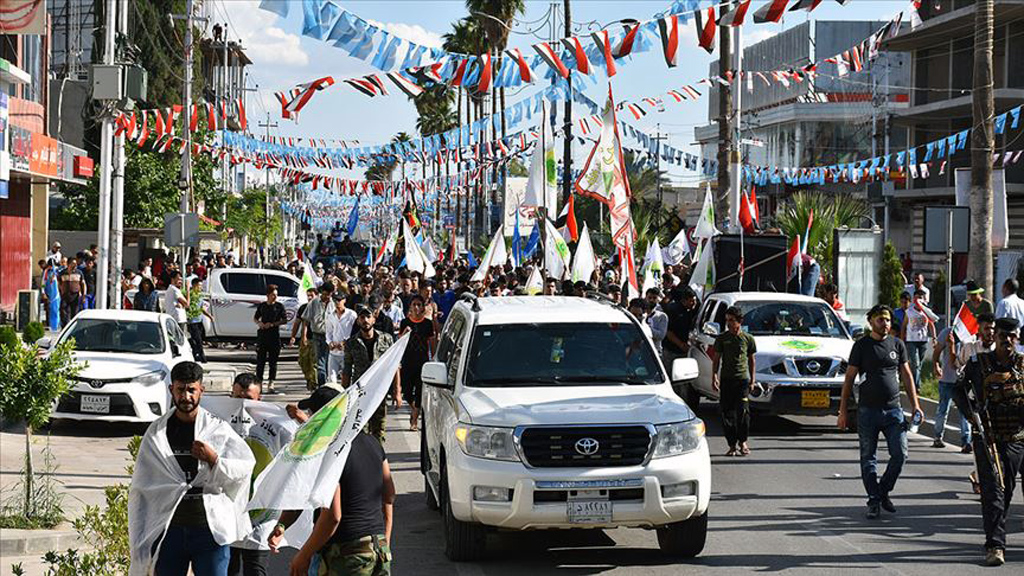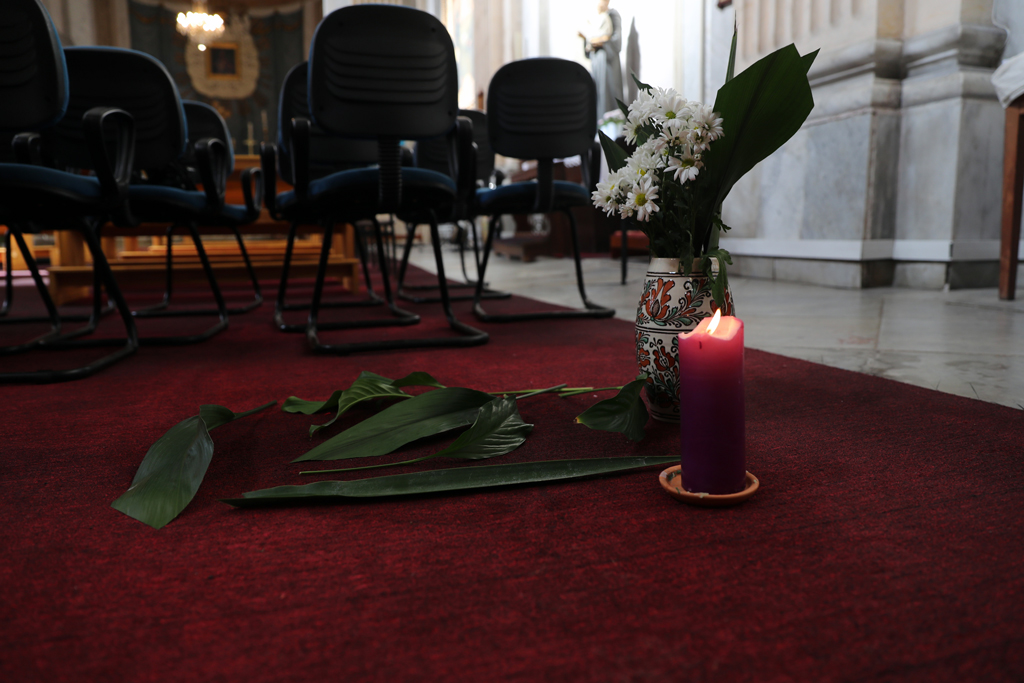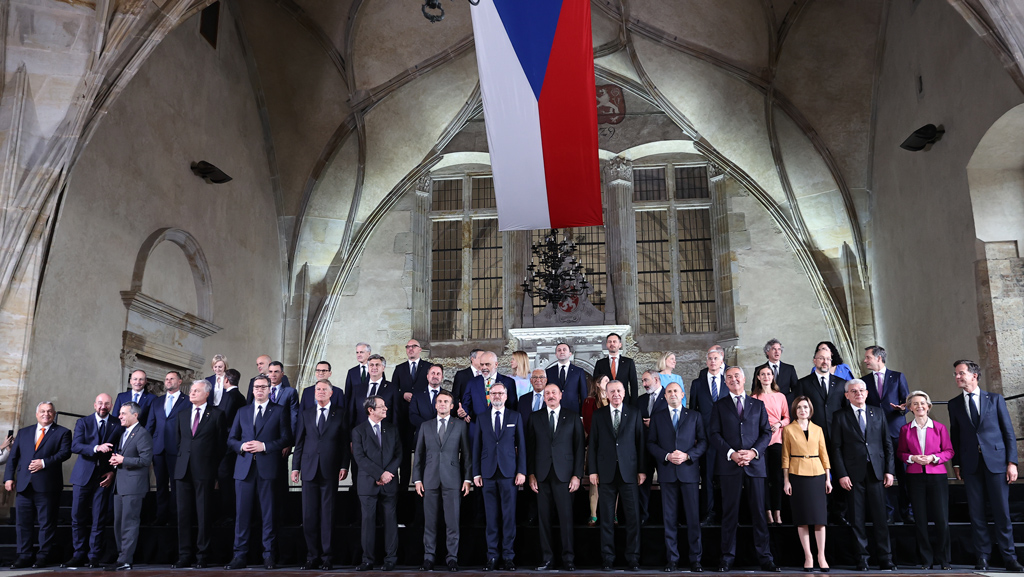Iraq held its general election on October 10, 2021. This is Iraq’s fifth parliamentary vote since the United States-led invasion in 2003 and its results brought many firsts that challenge the political system in Iraq. Different groups in the country have called the elections fraudulent; as a result, deadly protests have been ongoing in Baghdad and no government has been created.
Below, several experts share their opinions for a better understanding of Iraq’s election results, its outcomes and the future implications. Prepared by Gloria Shkurti Özdemir Experts Hüseyin Aslan Abbas Kadhim Othman Ali Ali Semin Bilgay Duman Mustafa Caner Hüseyin Aslan
Fatih Sultan Mehmet Vakif University
Hüseyin Aslan
Fatih Sultan Mehmet Vakif University
How do you assess Iraq’s election results and the developments that followed?
Before going over the election results, it is necessary to consider two important issues. The first is the new election law in the country, and the second is the Independent Election Commission's haste to announce the election results while the ballot boxes of some provinces were still being transferred for a count and not yet counted. This gave rise to deep doubts about the work of the electoral commission. There is a significant difference between the results announced by the Independent Election Commission in Baghdad and the ballot papers announced to the representatives of political groups. As such, as soon as the election results were announced, a deep political crisis appeared on the horizon, which has proven very difficult to overcome. While these election results removed some major political factions from the political scene, their influence in state institutions, and particularly in security institutions, has also weakened considerably. In addition, it led to the rise of some opposing movements in Iraqi politics, while the influence of others was diminished. Again, looking at the results, we see that there are no Islamist politics (Hashd al-Shaabi) as the Iraqi politicians are establishing the new administration. One of the biggest problems waiting for the political groups after the election results are announced is the interpretations regarding the implementation of Article 76 of the constitution. This will make the political atmosphere in the country even more unbearable. It has been predicted that the congestion in the political scene will continue due to the separation of Shiite political movements into two main groups. The absence of a third group to create an element of pressure and the reluctance of institutions with spiritual weight to intervene also affect the situation. All this will prolong ending the crisis of disagreement over the election results and reaching a solution. Ultimately, this will make the strength of political parties in the field to be taken as an indicator of their political weight – rather than the number of seats they hold in parliament. Those involved in the country’s politics are not ready to accept the situation that emerged with the election results. Big or small, the basic strategy for all political groups is to encourage the questionability of the election results and to develop methods to object to the results. Again, looking at the projections, it is unlikely that the polarization between Shiite groups will turn into a compromise in the short term. It seems that this compromise is possible only when one political wing gains enough power and influence to prevent the other wing in the government from working and achieving its goals. According to general opinion, a possible compromise will open the titles of the heads of government to a discussion, and the compromise will need to be sensitive and flexible for the goals and interests of these two main political wings. This will also mean that both groups’ wishes and general policies cannot be rejected. In addition to these issues, the fact that the only job of the technocrats or ministers from rival political traditions will be to prevent the other wing from being effective is the icing on top. Sunni and Kurdish political forces, on the other hand, will wait for the internal conflict and crisis within the Shiite wing to end before they begin to participate in the negotiations in the last quarter. Tehran, Washington and Najaf have influence in the emergence of government combinations. The crisis is not between Kurds, Shiites and Sunnis as it was before. Instead, the root of the current crisis is actually an internal conflict between Shiite groups. Therefore, this high degree of polarization and conflict should be resolved and the struggle for hegemony over the Shiite leadership should be abandoned by the contending leaders. This would reveal the role of Najaf and Tehran without direct American influence. However, this result will not emerge until political negotiations fail and the political atmosphere heats up. Back to top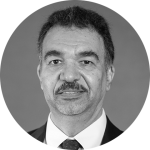 Abbas Kadhim
Atlantic Council
Abbas Kadhim
Atlantic Council
Are the October 10 elections in Iraq a game changer for the country?
The October 10 Iraqi general elections represent a unique event compared to the four previous votes. It was the first time since 2003 that Iraq had early elections following a period of political instability. The mass protests of October 2019 forced the government of PM Adil Abdulmahdi to resign to be replaced temporarily by an interim government led by PM Mustafa al-Kadhimi, with one main mandate: prepare for an early election. This was accomplished, and we are now waiting for the formation of the new government that is supposed to lead Iraq for the next four years. The voter turnout was disappointing, as less than 40% of registered voters actually cast their ballots, and the results of the elections were surprising to many participants and outsiders. The top winner, a political bloc associated with Muqtada al-Sadr, was not surprising – it came in first in 2018, as well; however, the great loss of seats by the political bloc associated with the Popular Mobilization Forces (PMF) and the moderate Shiite bloc associated with Ammar al-Hakim came as a major surprise. Also, the rise in independent winners across Iraq was a major precedent. Elsewhere in Iraq, the results were not unexpected. The Sunni vote went mostly to the bloc associated with Speaker of Parliament Mohammed al-Halbusi, and the Kurdish vote was split between the Kurdistan Democratic Party, which held its coherence, and several other Kurdish parties and independents. While some observers anticipated the election could have been a game changer for Iraq and the region, the turn of events indicated the opposite. The current political elite will find a way to reconcile their differences and return to their favorite way of sharing political power and influence according to the political quota system because, under the current rules, no Iraqi party or political coalition can govern alone or even form a government without the consent of others. For now, and until major amendments are made to the constitution and other relevant laws, political consociation and ethno-sectarian quotas are not only a comfortable choice for ruling Iraq, they are a destiny. Back to top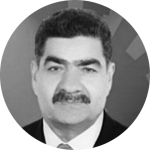 Othman Ali
Sakarya University (ORMER)
Othman Ali
Sakarya University (ORMER)
How can we understand the stance of Kurdish groups in the Iraqi election?
Seven Kurdish groups ran in the election. The most important of them was the Kurdistan Democratic Party, which won 32 seats, followed by the Kurdistan National Coalition with 16 seats, naweyi-nuey (the New Generation Movement) with nine seats, and the Islamic Union Party with 4 seats. Except for the IUP, which had modestly increased its votes, all Kurdish groups lost votes compared to the 2018 election. This is due to their inefficiency and corruption, which have tainted the Kurdistan Regional Government’s administration. The turnout in this region was low as the rest of Iraq and did not exceed 40%, which again raises many questions about the performance of the ruling KDP and PUK. The Goran movement lost all its seats, and this may seal the end of that movement. However, all together, the Kurdish groups won 62 seats, and this will give them significant leverage in the government formation in Baghdad. However, they no longer possess their past privilege of becoming kingmakers in Baghdad due to internal division and lack of unified leadership. In addition, there is a strong Sunni Arab bloc, represented by the Al-Taqdum Party of Muhammad Halbusi, the speaker of parliament, which could also play a decisive role in the formation of the biggest political bloc in the parliament to form a government. So far, most observers believe the KDP will be on the side of the Sadr bloc in the formation of the government. Nevertheless, top US and Iranian officials are already talking to the Kurdish groups. Unless the KDP is forced to come to terms with the Nouri Maliki-led al-Itar Tansiqi (the recently formed pro-Iranian Shiite bloc), the KDP and most Kurdish groups will side with Sadr’s group provided that it keeps current Prime Minister Mustafa al- Kadhimi in his post. The Kurdish groups are facing a serious dilemma in making their next political choice. They are pressured by their entrenched ties with US on one hand and by the pro-Iranian militia’s frequent drone attacks on their region on the other, which they need to reckon with. Back to top Ali Semin
Middle East, Eurasia and Asia-Pacific Platform (ODAP)
Ali Semin
Middle East, Eurasia and Asia-Pacific Platform (ODAP)
What could the new government scenarios in Iraq be, and is there a possibility that the elections might be annulled?
Early parliamentary elections in Iraq on October 10 highlighted four important issues. First, the political system established by the US since 2003 through invading Iraq needs to change as soon as possible. Secondly, the Shiite parties, which prioritized Iran-backed sectarianism in Iraq, are losing their influence and are being replaced with movements close to Iraqi identity consciousness. The third issue is the Iraqi public's loss of faith in democracy or elections. Fourth, the people's demand in Iraq is not elections, but services, economic development and the prevention of administrative/financial corruption in the country, which has been going on since the US invasion. From 2005 to 2019, corruption worth $178 billion was realized through ghost projects within the scope of projects in the country. Therefore, according to the data, since 2005, the participation rate in the elections held in Iraq has been declining gradually. In this context, it is possible to talk about two scenarios to form the government after the elections in Iraq: the establishment of a government with the Shiite-Shiite and Kurdish alliance or a consensus government formed through an agreement between the Shiites, Sunnis and Kurds. I would like to draw attention to the following: The last elections held in Iraq changed the balance in the politics of the country; however, the equation established by the US where the president is to be Kurdish, the prime minister a Shiite Arab and the speaker of the parliament a Sunni Arab has not changed. One of the main problems in the country is also the political system. Therefore, a government of reconciliation can be established between the Kurdish-Sunni Arabs and Shiites, who have won most seats in parliament. In other words, it can be predicted that a consensus government will be formed under the leadership of the Sadr movement, which won 73 seats in the elections. We have also witnessed that pro-Iranian Shiite parties and factions do not recognize the elections due to the loss of votes and the decrease in the number of seats in parliament. They have protested by calling their supporters to the streets, but we can say that such moves will not yield results. Particularly, the international condemnation after the drone attack on Prime Minister Mustafa al-Kadhimi’s residence on November 7, and support messages from regional countries (Arab and Gulf countries), and especially Turkey, to the Baghdad government are important. The attack strengthens the possibility of al-Kadhimi becoming prime minister for a second term. As for the annulment of the elections, it is difficult to redo the elections since the turnout in the October 10 elections was only 40%. Neither the political, security nor the economic conditions in Iraq would allow this. The annulment of the elections would cause the pro-Iranian parties to lose more votes. Back to top Bilgay Duman
Center for Middle Eastern Studies (ORSAM)
Bilgay Duman
Center for Middle Eastern Studies (ORSAM)
What is Turkey’s stance towards the election results in Iraq?
Turkey's Iraq policy is based on two fundamental dynamics, namely the territorial integrity and political unity of Iraq. Moreover, in line with these principles, all political and democratic processes in Iraq have been supported by Turkey, and actions have been taken to establish and preserve the stability of Iraq. From this point of view, Turkey has particularly supported the election processes in Iraq and made an effort to ensure the elections were held in a transparent and orderly manner. In this respect, Turkey's election monitoring mission has taken part in every election held in Iraq. In addition, Turkey also supports the establishment of a political and social balance in Iraq. At this point, instead of supporting any political party in the elections, Turkey has worked to ensure the maintenance of the political and social balance in Iraq. Turkey tries to follow a policy compatible with the political process that will emerge in line with the interests and preferences of the Iraqi people and seeks ways to work and cooperate with the government in line with the interests of the two countries – no matter who forms the government. However, according to the early election results, the groups that Turkey can relatively easily establish a dialogue with have emerged successfully from the elections. According to early election results, the Sadr bloc, led by Muqtada as-Sadr, won 73 seats, while the KDP led by Masood Barzani won 33 seats, and the Taqaddum Alliance led by Mohamed al-Halbousi won 37 seats. Considering that the political formation that won the most seats according to the election system in Iraq will form the government, it is expected that Muqtada as-Sadr will be tasked with forming the government. A strong dialogue was already established between Sadr, Barzani and Halbousi before the elections. From this point of view, it would be appropriate to say that if these groups come together and succeed in forming the government, it will be possible for Turkey to establish a stronger dialogue with the new government. Back to top Mustafa Caner
Foundation for Political, Economic and Social Research (SETA)
Mustafa Caner
Foundation for Political, Economic and Social Research (SETA)

